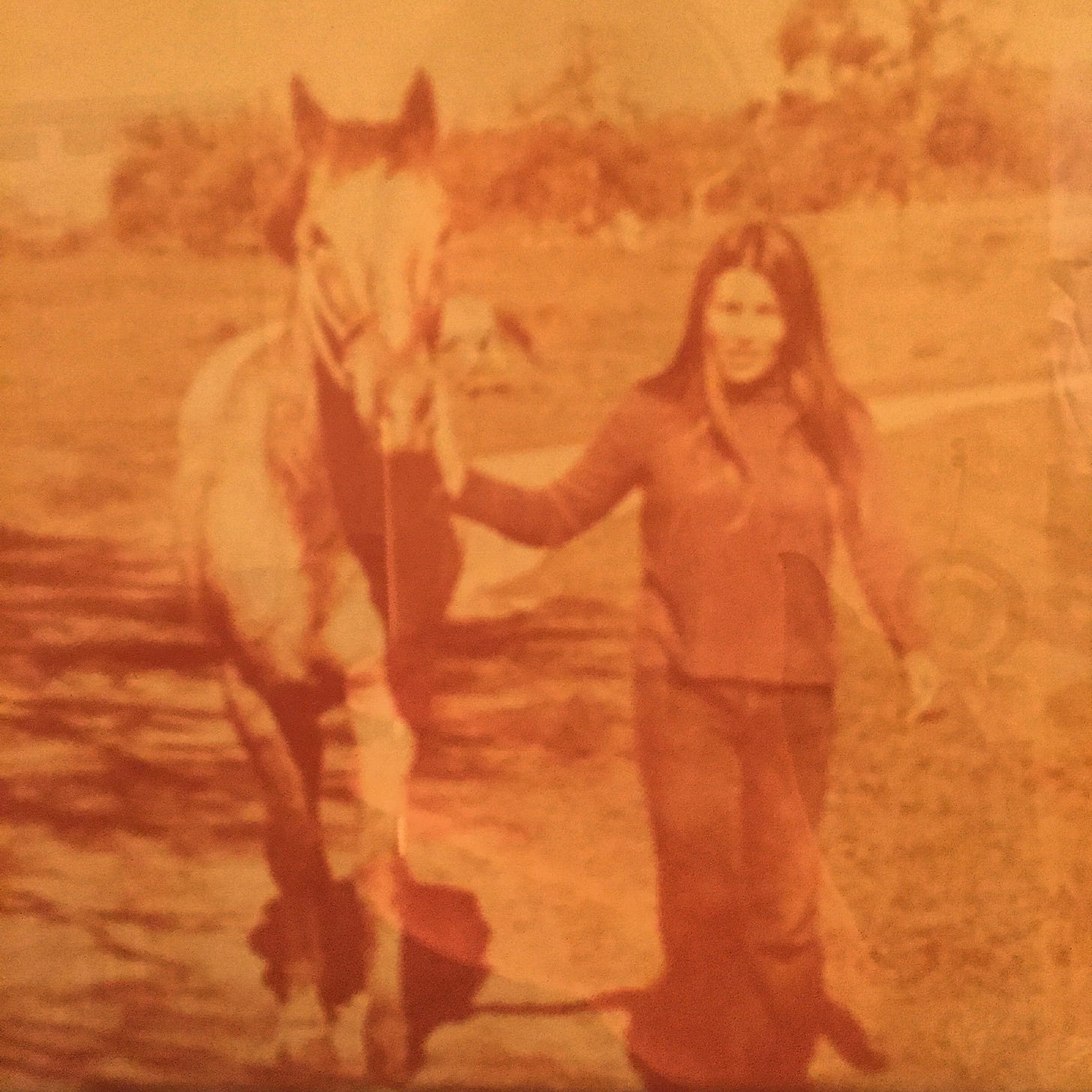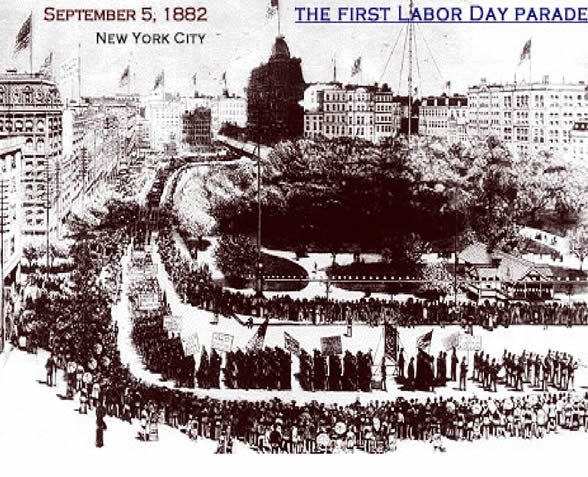Labor Day has long been a marker of transition in America.
The day itself—first declared in the late 1800s—marked a point in time “when labor activists pushed for a federal holiday to recognize the many contributions workers have made to America’s strength, prosperity, and well-being.”1
If you’re like me and live in the Northern Hemisphere, Labor Day also ushers in a shift in the weather. The sun sets earlier. The nights are cooler. Fall is around the corner.
Schools welcome back students. Workforces welcome back workers. Learning and productivity march on, only temporarily inconvenienced by the seasons.
Before pursuing college and my career in some of the most urban hubs in America—Chicago, Washington DC, Oklahoma City, LA, Miami, New York City—my roots were in nature.
My parents raised my sister and me in the Sierra Nevadas and Oregon’s Willamette Valley. And when we both graduated, they spent seven years in the Grand Tetons for my dad’s career before moving back to our land full time in Oregon.
As naturalists and farmers, my parents raised us to flow with nature’s circadian rhythm. It’s in my cells.
When I close my eyes and think of childhood, I can still smell the vanilla bark of Tahoe’s Jeffrey Pines. It’s the kind of nostalgia that makes my eyes involuntarily water and my heart long for biking around the neighborhood in the 1980s like a character from Stranger Things.
Every time I come back to Oregon, I am reunited with the farm chores and vineyard tending I’ve been doing since I was 12. The older I get, the more I appreciate it.
When I see a horse, I think of my mom and how she taught me to balance authority and trust with subtle cues.


And in connecting me to the great outdoors, they connected me to the way each season impacts everything from animals, to temperature, to what we have available to eat, to how our own bodies feel.
Returning to the origins of Labor Day, with a focus on you, the reader:
how is your strength?
your prosperity?
your well-being?
Let’s dig in the dirt here a bit more…
Blessings & Discernments for Thought
Bless: May you find the rhythms of what your body needs in this season. Not what your job or family asks of you, but what you need from you. Even if the calendar and weather say otherwise. (heck, since late May I’ve been in an inward sort of “wintering” that’s been as Katherine May promises: R E P L E N I S H I N G)
Discern: There is an artificial pressure to always be producing, productive, in production. But look at nature, what does it teach us? That we cannot in fact always be in a season of harvest.2 What's more, we’ve got to work on the roots before we can enjoy the fruits. Modern life asks us to skip this step at our own peril.
Consider: People come into our lives for a reason, a season, and sometimes a lifetime. I’ve found great peace in accepting this and pain in fighting it.
Prompts for Thought
Where might you need to lay fallow and let the nutrients return to the soil?
Anything not growing as you had hoped? Is it time to replant or to try planting something new altogether?
Before seeing growth from your figurative trees, fruits, flowers, and veggies: What are the roots that need tending in this season?
What are your rituals for welcoming a new season? for letting go of a season past its time? for summoning a season-like change against the forces of inertia? (asking for a friend)
If your life was a TV show, who are the new characters this season? who will be returning from previous seasons? who won’t be? what are the storylines you are working on in the writers’ room?
It is great to be back with each one of you. Here’s to many seasons together, in whatever form and frequency they take.
And with that, I leave you with The Bryds singing Peter Seger’s Turn! Turn! Turn! 3
To everything (turn, turn, turn)
There is a season (turn, turn, turn)
And a time to every purpose, under heaven.
[…]
A time to gain, a time to lose
A time to rend, a time to sew
A time for love, a time for hate
A time for peace, I swear it's not too late.
Department of Labor. “History of Labor Day.” https://www.dol.gov/general/laborday/history.
For more on this concept, may I suggest from my humble SlideShare archives: “How Farming Can Help You Frame the Solution”.
Seeger, Peter. “Turn! Turn! Turn! (To Everything There Is a Season)” Recorded 1959–1965. Limeliters, Folk Matinee (RCA Victor); Seeger, The Bitter and the Sweet; The Byrds, Turn! Turn! Turn! (Columbia). The lyrics were taken from a passage from the book of Ecclesiastes (3:1-8) in The Bible. They were rearranged and paired with Seeger's music to make the song. In a 1988 interview with Paul Zollo, Seeger explained: "I don't read the Bible that often. I leaf through it occasionally and I'm amazed by the foolishness at times and the wisdom at other times. I call it the greatest book of folklore ever given. Not that there isn't a lot of wisdom in it. You can trace the history of people poetically."





